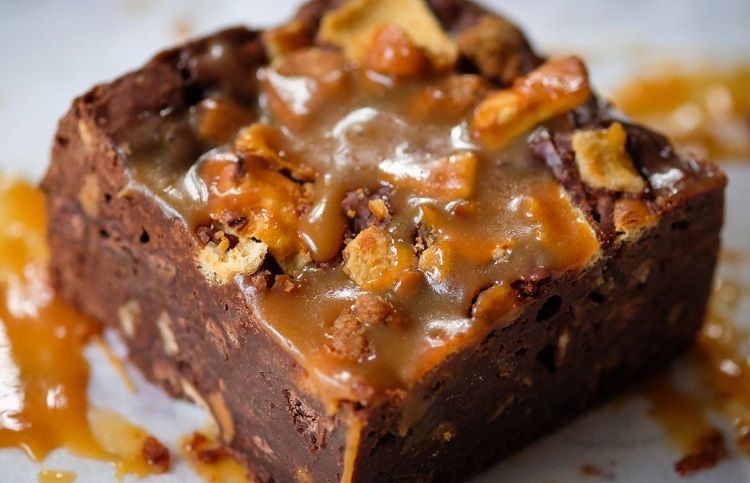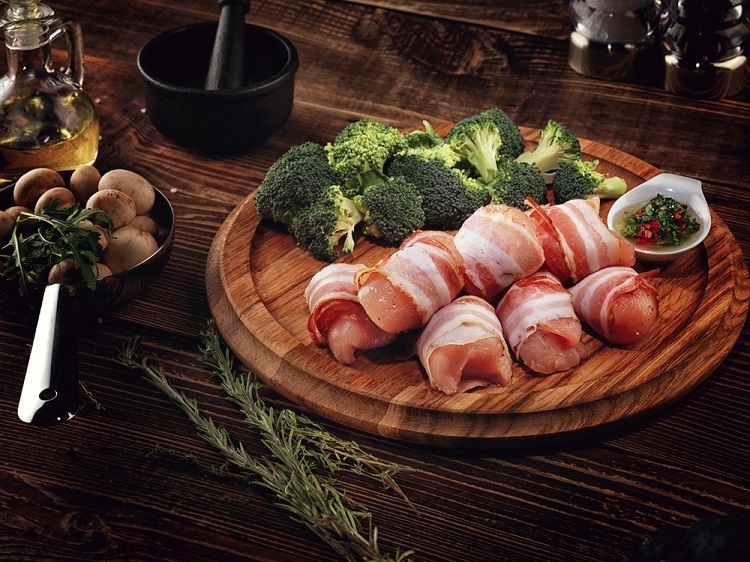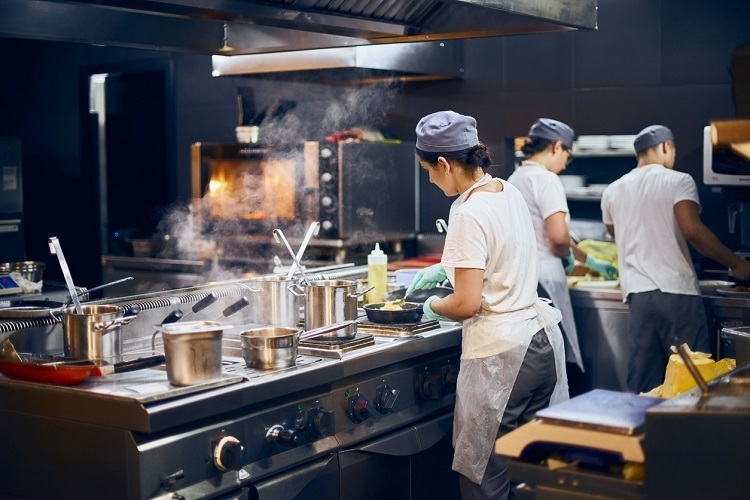Whether you are getting a takeaway, or dining in at a food establishment, there are certain risks you take that could compromise your health and safety. While the Food Standards Agency (FSA) is a very comprehensive and aggressive governing department that works hard to preserve and protect the safety and integrity of food, it can by no means have a watchful eye over every establishment, all of the time. As with most departments of its kind, the FSA is understaffed, and overworked, and therefore it is difficult to enforce, regularly and consistently, all the rules and laws that ensure food safety and good kitchen hygiene standards (often referred to as ‘kitchen due diligence’).
Because you can never be absolutely sure of the exact food you are getting, or how well it is prepared at any restaurant, there are 4 important areas that you can pay attention to that could mean the difference between health and illness for you:
The FSA hygiene rating of any food establishment. Before ordering takeaway, or eating in, at any restaurant, use the Internet to look up the most current FSA rating of your chosen establishment. While in Wales, it is required for all restaurants to post their green hygiene rating poster so that it is visible to all patrons, the same requirement is not true for much of the UK.2. Allergens can kill you. Over the years, it seems that more and more people have certain food allergies, ranging from mild to severe. Unfortunately though, the attention of food preparers to those potential allergens, is not taken seriously enough. A vegetable stir-fry, which is cooked in a wok that had just previously been used to make a shrimp stir-fry, could mean the difference between life and death to a person who is highly allergic to crustaceans.
Meat substitutes are unethical. Whether it is due to changing costs, or of depleted supply, a restaurant should never claim that a dish uses one kind of meat, when in fact is uses another. It may be surprising how often this practice takes place, and it is considered a serious crime known as “food fraud.” Furthermore, there are many people who order specific dishes, with only meats that are considered safe and moral, because of their religious beliefs. For example, to add ground pork to an Italian meatball typically made just of ground beef, without describing that combination on the menu, is unacceptable to a Jewish or a Muslim person.
Additives and artificial food colourings pose health risks. An ingredient such as monosodium glutamate is often used in Asian cooking to boost the salty/savory flavour of its dishes, however, this additive is known to be an excitotoxin, and can also cause very serious headaches in some people. Colourings, such as sunset yellow (E110) or ponceau 4R (E124), often come from sources that are less than appealing, and more importantly they are known to cause hyperactivity in children. Colourings are widely used in everything from wasabi paste, to Thai iced tea, to Indian tikka masala, and while a brighter, rich colour might make the appearance of food seem more appetising, the risks far outweigh the benefits.
Clearly, a large percentage of takeaways and restaurants want to, and try to, prepare and serve food with integrity, however, there are too many establishments that do not practice superb hygiene, or utilise high-quality ingredients, or provide full disclosure of potential allergens. Because there can be a definite risk for compromised health, it is really the job of any patron to do research, ask questions, and fully assess the quality of a restaurant through what the eyes can see, and what the mouth can taste.










Comments